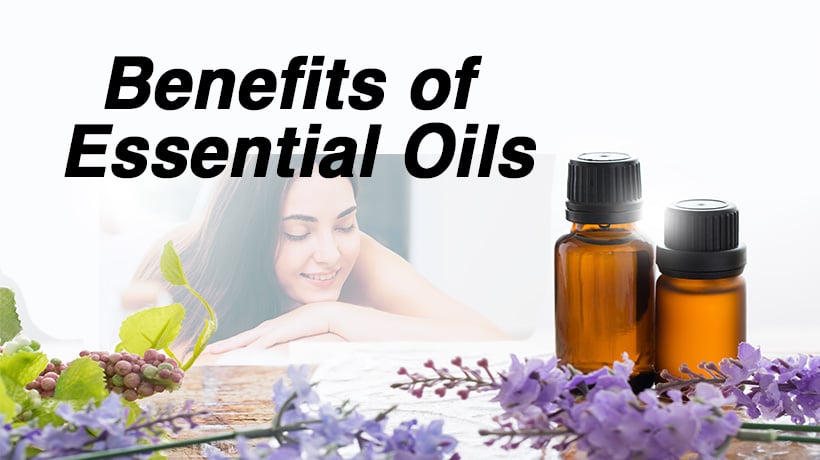The information in this article is not medical advice, but simply suggestive methods on ways essential oils can be used.
We all live through different types of stressful situations in life and are looking for ways to find ease from them. According to “Aromatherapy Uses and Benefits,” written by Emily Cronkleton and reviewed by Dr. Debra Rose Wilson, a holistic healthcare practitioner, aromatherapy can be a form of self-care. Natural plant extracts are meant to attract the senses via smell or skin absorption and can help manage pain, stress, or even sleep.
Lemongrass
Has a powerful citrus scent, and according to Dr. Wilson, may contain antibacterial and antifungal properties. Studies have found lemongrass to be effective in fighting drug-resistant bacteria, which may be present in skin infections or pneumonia. It may also help relieve headaches, anxiety, or stress.
Peppermint
According to, “Peppermint Oil for Migraine and Headache Relief,” by James Roland and Neel Duggal, peppermint oil may be used to treat tension headaches and sinus pressure. It can also be useful with nausea, congestion, and muscle pain.
Eucalyptus
Peggy Pletcher, a registered dietitian, says that eucalyptus essential oil may be effective at kicking a cough when applied topically on the chest. The oil can help in breaking apart mucus and allowing it to be easily expelled from the chest. She also believes that lemon eucalyptus can be used as a bug repellant.
Rosemary
According to certified herbalist Adrian White, rosemary can help prevent or restore hair loss. It could possibly aid in improving circulation when applied to the affected area. Rubbing the oil works by preventing hair follicles from dying off due to a lack of oxygen from diminished blood flow.
Clary Sage
Reproductive health specialist, Corey Whelan, claims clary sage can be effective at reducing menstrual cramps when applied daily and between menstrual cycles. Whelan believes that clary sage mimics estrogen and can potentially be useful in lessening symptoms of menopause like hot flashes if applied to the bottom of the foot.
The information in this article is not medical advice, but simply suggestive methods on ways essential oils can be used.
https://www.healthline.com/health/what-is-aromatherapy#popular-oils
https://www.healthline.com/health/lemongrass-essential-oil
https://www.healthline.com/health/9-ways-eucalyptus-oil-can-help#joint-pain
https://www.healthline.com/health/rosemary-oil-for-hair#research
https://www.healthline.com/health/clary-sage#benefits



